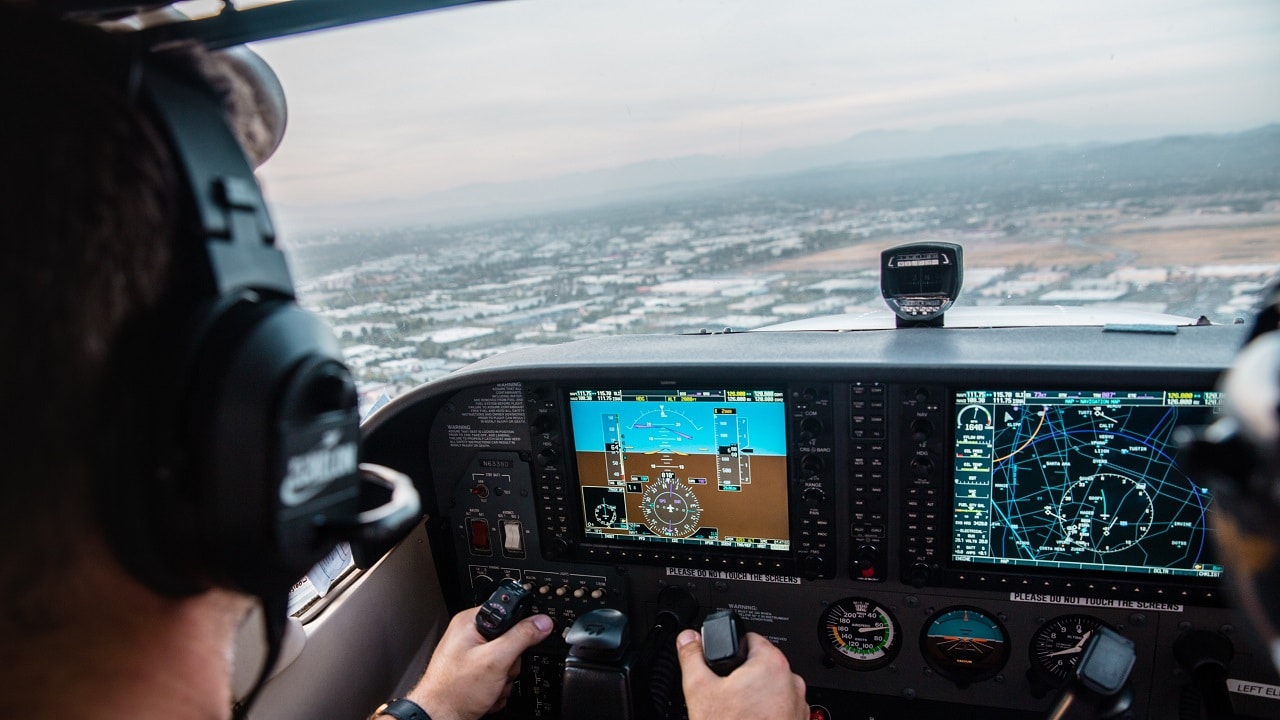How to Become an Airplane Pilot
Many children dream of becoming a pilot. The idea of being high in the air far above the earth is attractive to them. They picture the places they’ll go on their travels. Their adventurous spirit is drawn to the idea of being a pilot.
What are the entry requirements to become a pilot?
Before you can entertain the idea of doing a pilot’s course, you need the following entry requirements. Your GCSE exams at Grade 4 (or the equivalent thereof) and A level exams in Maths, Science, English, and second language such as French. A background check will be conducted to make sure you are a citizen of good standing with no criminal record.
You can then apply to a training school. Before you do, make sure that the training school you choose is registered with the Civil Aviation Authority. Alternatively, you can study for an aviation degree which includes pilot training. Various institutions offer such degrees. Do your research and make sure you meet the entry requirements.
Before you take to the skies for any pilot training, you’ll be subjected to the CAA Class 1 Medical examination. This is to make sure you’re fit to pilot a plane.
The qualification you’ll get is called an Airline Transport Pilot’s Licence (ATPL). The full-time duration of this course is 18 months. Doing it part-time will take longer. It is a combination of theoretical and practical work. The costs of such a course can be quite prohibitive: you can expect to pay £60,000-90,000. Many pilots do this course part-time. That way they can work to fund their studies.
What types of skills do you need to become a pilot?
Being a pilot takes a special set of skills. It is one of the highest paid jobs in the world because it’s challenging. There is a lot of responsibility being charged with the safety of passengers aboard an airplane. Pilots, therefore, need to demonstrate leadership and managerial skills. They must be able to stay cool and focused during a crisis.
Problem-solving may need to be done in mid-air, so these skills need to be honed. The ability to communicate well is also a must. A pilot requires a high degree of hand-eye coordination to fly an airplane. A single mistake can prove fatal.
What are the job opportunities for pilots?
Pilots can find work flying passenger or cargo airplanes. Some pilots do crop spraying and aerial photography. Others take on the more unique role of flight testing, while some become flight instructors.
Work hours and environment
The work environment is often highly charged and pressurized. Pilots fly long distances sometimes, although they are accompanied by a co-pilot, so they don’t have to manage everything alone.
On very long flights, the pilot is accompanied by a co-pilot and a flight engineer who checks that the instruments on the plane are functional. You will spend quite a lot of time away from home, as you have layovers of 24-48 hours before flying the plane back. This presents opportunities to explore new places.

